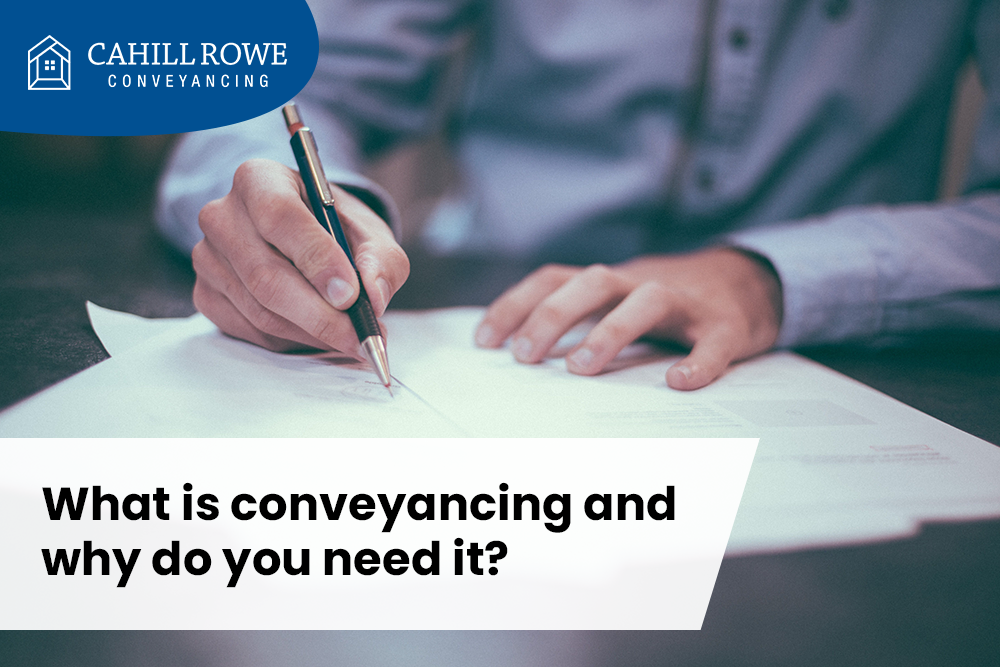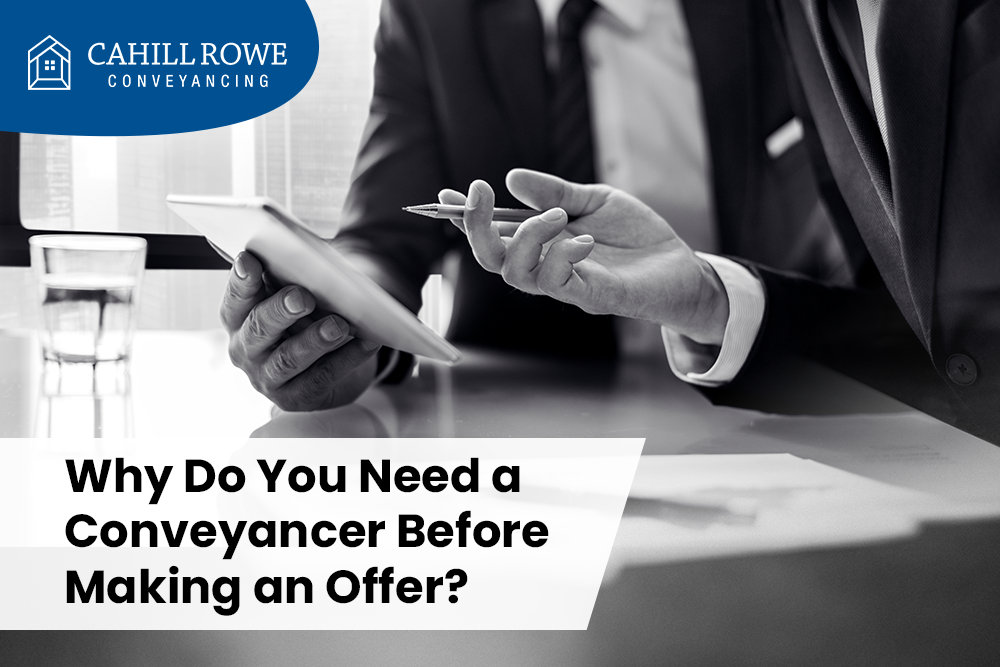
What is Conveyancing and why do you need it?
The legal procedure of transferring a piece of property or land from the seller to the buyer is as you can expect, transferring ownership of a property involves a lot of work. A conveyancing Geelong transaction typically involves three stages:
- pre-contract
- pre-completion
- post-completion
A conveyancer will often take care of everything necessary and make sure you are ready for important dates during the process.
The lawyers for the opposing party, who handle the specifics, are also in regular communication with them.
Of course, you can complete all the forms yourself to avoid paying fees and save a few hundred dollars.
However, this is not advised because making sure every I is dotted and every t is crossed is a difficult effort.
Additionally, you run the danger of losing the property and losing your 10% deposit if something goes wrong
A conveyancer is what?
A licenced practitioner with expertise in offering guidance and information about the sale of real estate is known as a conveyancer.
Conveyancers don’t have to be lawyers to accomplish this service, but they frequently are.
We advise you to use a conveyancer anytime you are:
- purchasing or selling real estate
- splitting up land
- modernising a title (i.e., registering a death)
- registration, modification, or removal of an easement
The work of a conveyancer
A conveyancer manages the settlement procedure, as we mentioned earlier.
The majority of house buyers and sellers are unaware of the considerable amount of information, documentation, and work that goes into legally transferring a property to a new owner, despite the fact that it seems simple on the surface.
Finding and filing legal paperwork, let alone understanding them, could take weeks for someone who is unfamiliar with the procedure.
Let’s look at what a specialist does for each party as that is only a small portion of conveyancing Surf Coast
An attorney who handles conveyances will:
Create, specify, and file legal documents, such as a sale contract and a transfer memorandum.
Check the property’s certificate of title for easements, the type of title, and any other information that has to be addressed by conducting research.
Set up a trust account with the deposit funds.
Determine how rates and taxes will be adjusted.
Settling the property entails acting on your behalf, letting others know when it has been resolved, and letting your bank or other financial institution know when the last payment is being made.
Present your case to a vendor or their representative.
An attorney representing the seller will:
full legal documentation
represent you in conversations with the buyer, such as when you seek for date extensions or title clarifications.
Where can I locate a conveyancer?
Before choosing a conveyancer to handle your settlement, you should sit down and speak with several of them, just as you would when interviewing potential real estate agents.
Asking your friends and family for recommendations on a reputable conveyancer is a wonderful place to start. Ask your real estate agent, accountant, and lawyer for referrals, and if nothing comes of it, do some online research.
Once you’ve compiled a list of potential conveyancers, phone each one and pose some inquiries (see below) to see which one best suit your requirements. Your search should be streamlined by the fact that some conveyancers specialise in particular real estate kinds.
When you believe you have located a qualified conveyancer, conduct a background check to make sure they are legally able to perform the service and have not had any complaints.
Prospective conveyancers should be questioned on:
- Which branch of the Australian Institute of Conveyancers do you belong to?
- What kinds of property are your areas of expertise?
- What will the price be? What are the costs and fees? At settlement, what will I be required to pay? What additional fees are there?
- How often and in what manner will you communicate with me?
You must first get in touch with the best in order to hire the best. Get in touch with Cahill Rowe Conveyancing right away to learn more.



